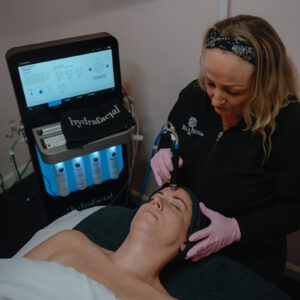Each year, especially during the summer around the 4th of July, thousands of people are treated in emergency rooms for firework related injuries. While some are minor, many of these injuries are and could have been serious. In 2013, there were eight deaths and an estimated 11,400 consumers who sustained injuries related to fireworks. This is an increase from 8,700 injuries in 2012 according to the Consumer Product Safety Commission.
Last year, children under the age of 5 experienced a higher injury rate than any other age group. Are sparklers safe?
In 2013, sparklers and rockets accounted for more than 40 percent of all the estimated injuries.
All fireworks are dangerous—even sparklers—Sparklers burn at very high temperatures (up to 2,000 degrees Fahrenheit). Sparks can set clothes on fire and easily cause permanent eye damage.
Because the risk of injuries when using fireworks is so high, the American Academy of Pediatrics (AAP) supports a nationwide ban on the private use of any and all fireworks. Instead, families should attend public fireworks displays, which are much less dangerous
Listed below are some helpful Firework Safety Tips from the CPSP to ensure that your family and friends have a safe and fun 4th of July weekend:
- Make sure the fireworks you want to buy are legal in your area.
- Never allow young children to play with or ignite fireworks, including sparklers. Parents may not realize that young children suffer injuries from sparklers.
- Always have an adult close by to supervise fireworks activities if older children are allowed to handle devices.
- Avoid buying fireworks that are packaged in brown paper, it is often a sign that the fireworks are for professional displays and could pose a danger to consumers.
- Never place any part of your body directly over a fireworks device when lighting the fuse. Back up to a safe distance immediately after lighting fireworks.
- Have a pair of clear safety glasses to wear for adults or older children when handling sparklers or other fireworks to prevent eye injuries.
- Keep a bucket of water or a garden hose handy in case of fire or other mishap.
- Never try to relight or handle malfunctioning fireworks. Soak them with water and throw them away.
- Never point or throw fireworks at another person.
- Light fireworks one at a time, then move away from them quickly.
- Never carry fireworks in a pocket or shoot them off in metal or glass containers.
- After fireworks complete their burning, douse the spent device with plenty of water from a bucket or hose before discarding the device to prevent a trash fire.






